Kids rely on their friends for a lot of things, including providing emotional support when things are tough. But it can be difficult to figure out when a friend who is feeling down or anxious is just having a bad day and when it’s something more concerning. Here are some tips for helping your child support a friend with mental health challenges and knowing when to bring in outside help.
Talk to your child about mental health
It’s important to let children know that mental health concerns are very common and that at some point they, or their friends, may experience anxiety, depression or other mental health challenges.
You can start talking to children about mental health when they are as young as 3 or 4 by checking in with them about their mood and emotions and talking about coping strategies to manage emotions when they’re really big. Explain that their friends may also have big emotions and that they can help their friends calm down in the same way.
By laying this foundation, your children will already have some practice and awareness for when these skills may start to become more critical in late elementary school or early middle school.
Similarly, with older kids, talk about mental health as a part of overall health. Label your own emotions during difficult situations and talk about ways you cope (e.g., getting exercise, spending time outside, calling a friend, taking a break). Use emotion coping cards to talk about emotions, situations that trigger emotions and coping strategies to manage emotions.
Asking friends about their mental health
Let your child know that expressing concern to a friend about their mental well-being can take courage. The following questions may help them get the conversation started:
- How are you feeling?
- I know ________ has been happening. (Acknowledge something that is happening in their life.) Anything you want to talk about?
- How can I help?
- I care about you. Is there anything I can do to help you get through this?
How your child can help their friend
The fact that your child is concerned about their friend is a great start. Other ways they can help their friend include:
- Being ready to listen and respond. If their friend wants to talk about things, be willing to listen even if they’re not sure how to help yet.
- Be patient if they don’t want to talk about it yet. Let them know that they are there for them when they feel comfortable talking.
- Just be there. If their friend isn’t ready for help yet, just knowing that they have someone in their corner is very powerful.
- Encourage them to reach out for help. Offer to get help together — go with them to talk to a trusted adult (e.g., teacher, guidance counselor, parent).
- Take their feelings seriously. If they talk about suicide or self-harm, it’s important to get help from an adult immediately. Getting help for your friend in need is not breaking their trust. It’s providing the help and support that they were not able to seek alone.
- Validate what they are saying. You don’t have to pretend you are feeling the same way as your friend — just listening non-judgmentally and saying, “That sounds hard” can help. Repeat back some of what they shared (e.g., “I hear you’re feeling overwhelmed with school”).
- Ask how you can help. This will show the friend you care and also take some of the guesswork out of trying to figure out how to help.
- Suggest a mood boosting activity. Getting out of the house, being around friends and doing enjoyable activities help anyone struggling with low mood. They may not feel like doing something fun or struggle to think of an idea. Invite your friend to a specific activity, like going to a movie, going for a hike or going out to eat.
- Offer to check in. Offer to send them a text to check in every day for a week or to schedule a time to get together on weekends.
Kids should also know that sometimes friends who are hurting may ask too much of them without even knowing it. Explain that it’s not their job to be there for their friend 24/7 and they are not responsible for their friend’s choice. They also shouldn’t feel guilty if things in their life are good. If the stress of helping their friend is making your child depressed or anxious, that’s a big sign that an adult needs to step in.
When to turn to an adult
It can be difficult to figure out when it’s time to turn to an adult for help. Tell your child to trust their gut. If they’re feeling uncomfortable or very concerned for their friend, that means that it’s probably time to share with an adult.
Other telltale signs that it’s time to bring an adult into the conversation include:
- If the friend is talking about self-harm or thinking about suicide.
- If the friend is talking about hurting other people.
- If your child believes the friend has an eating disorder. Eating disorders are a serious health threat, and the longer you have one, the harder it is to recover.
- If the friend mentions that their mood has changed very rapidly and suddenly or if they are feeling distressed or hopeless about the future.
- If the friend is avoiding friends, family and social situations.
- If the friend is not doing the things they usually enjoy.
- If the friend is engaging in risky behaviors, for example starting fights, stealing or acting out.
- If your child’s mental health is being impacted by the weight of the friendship.
Kids are sometimes reluctant to bring adults into situations because they feel like they’re going behind their friend’s back, but if the problem is serious, your child needs to know that their friend needs more help than a peer can give. Explain that they might lose the friend’s trust for a short time, but ultimately their friend isn’t able to think clearly when they’re experiencing this amount of distress, so they need a true friend to help them get support. Your child doesn’t need to be the keeper of their friend’s secret. They are a trusted friend and it’s wonderful that their friend shared with them, but important that they encourage their friend or go with their friend to talk to a trusted adult.
 https://riseandshine.childrensnational.org/wp-content/uploads/2024/07/teen-girls-fighting-feature.jpg
300
400
Danielle Robbins
https://riseandshine.childrensnational.org/wp-content/uploads/2017/11/childrens_riseandshine_logo.jpg
Danielle Robbins2024-07-24 12:10:252024-07-24 12:10:25Helping your child through a friendship breakup
https://riseandshine.childrensnational.org/wp-content/uploads/2024/07/teen-girls-fighting-feature.jpg
300
400
Danielle Robbins
https://riseandshine.childrensnational.org/wp-content/uploads/2017/11/childrens_riseandshine_logo.jpg
Danielle Robbins2024-07-24 12:10:252024-07-24 12:10:25Helping your child through a friendship breakup






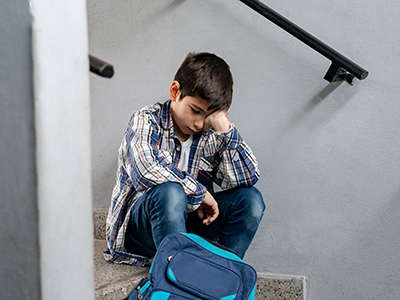
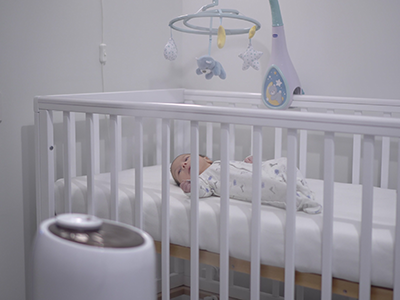
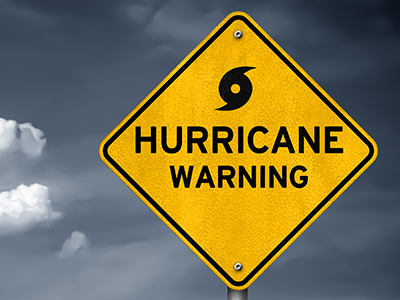




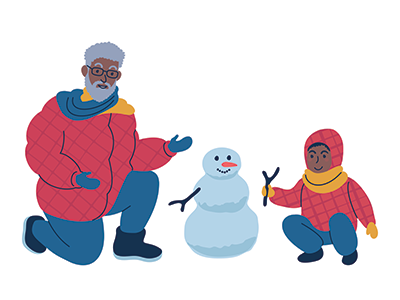
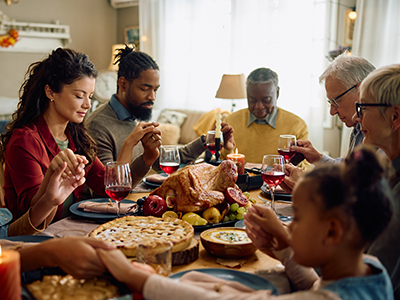
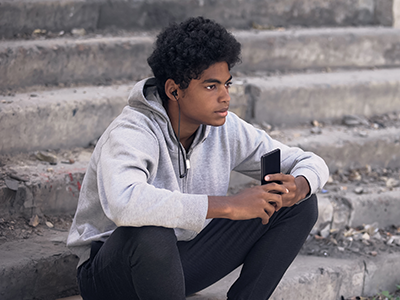


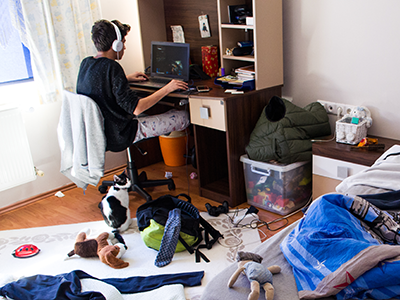
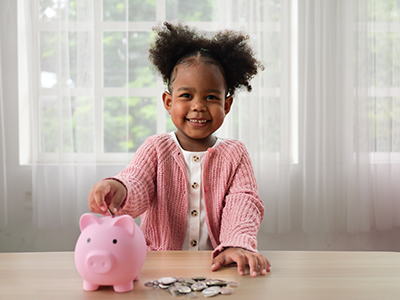

Leave a Comment
Want to join the discussion?Feel free to contribute!